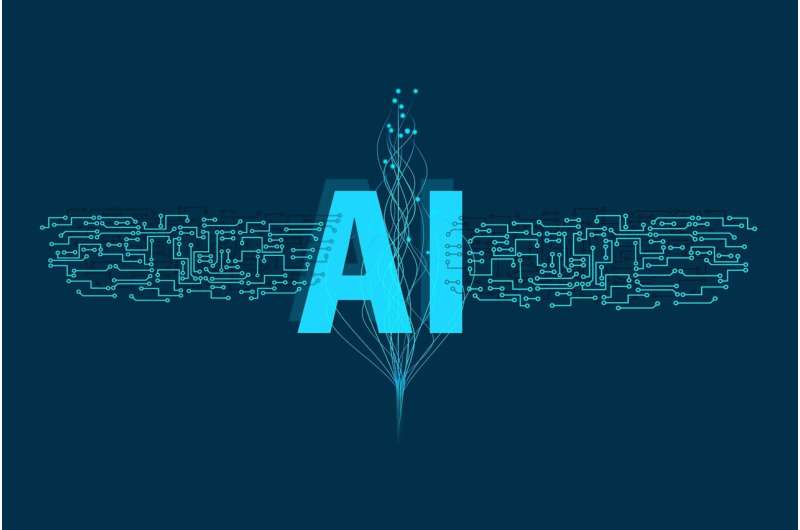This article has been reviewed according to Science X's editorial process and policies. Editors have highlighted the following attributes while ensuring the content's credibility:
fact-checked
trusted source
proofread
Exploring the role of innovation intermediaries in shaping the future of AI-enabled engineering biology

Researchers from the Manchester Institute of Innovation Research (MIoIR) at AMBS have just published an article titled "Innovation Intermediaries at the Convergence of Digital Technologies, Sustainability, and Governance: A Case Study of AI-Enabled Engineering Biology." This paper, featured in Technovation, offers valuable insights into the crucial role played by innovation intermediaries in shaping innovative ecosystems.
The study authored by Claire Holland, Adam McCarthy, Priscila Ferri and Philip Shapira, explores the emerging field of AI-enabled engineering biology (AI-EB) and its implications in our digital age. This blending of technologies raises numerous questions, not just of a scientific nature but also ethical, social and economic. To tackle these complex issues, the researchers engaged with a variety of stakeholders deeply involved in the AI-EB innovation realm.
At the heart of this study is the question of how much innovation intermediaries, key players in the innovation ecosystem, are considering societal and environmental goals while also pursuing economic objectives. Despite available guidelines for responsible innovation that encourage this balance, the findings of the study reveal that innovation intermediaries in the field of engineering biology tend to lean towards traditional scale-up and commercialization methods.
This research is expected to have a significant impact, not only on the development of innovation intermediaries but also on how research is managed and policies are shaped within the AI-EB domain. The authors suggest that a more holistic approach, one that takes into account both the societal and environmental consequences of AI-EB alongside commercialization, is vital to fully unlock the potential of this emerging technology.
More information: Claire Holland et al, Innovation intermediaries at the convergence of digital technologies, sustainability, and governance: A case study of AI-enabled engineering biology, Technovation (2023). DOI: 10.1016/j.technovation.2023.102875
Provided by University of Manchester





















